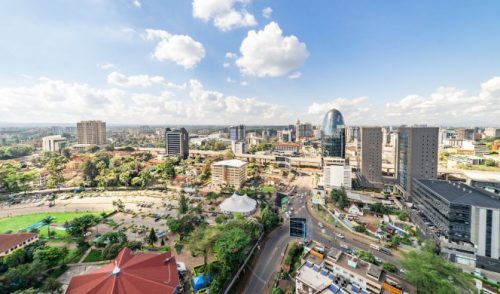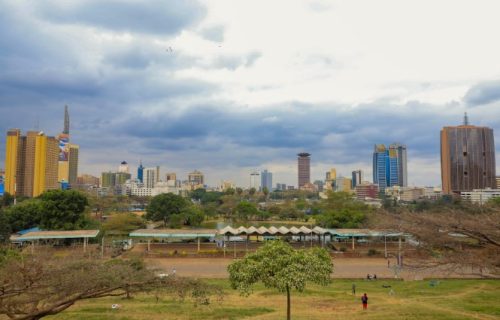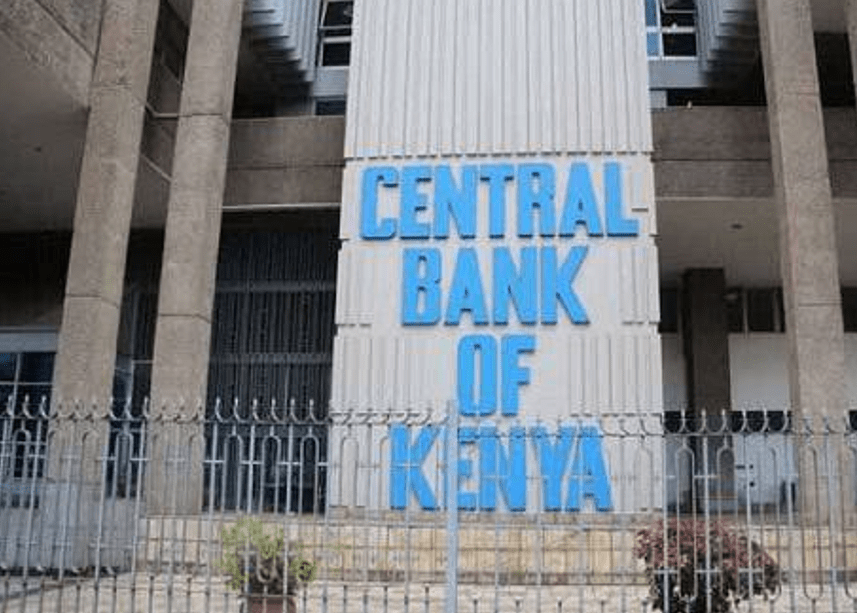Why asking price of apartments in Nairobi’s leafy estates has dropped – report

Developers and landlords in Nairobi suburbs have been compelled to lower the asking price of units in their apartments for the last three months.
According to the Hass Property Price Indices for the first quarter of 2025, the leafy estates recorded a contraction for the first time in the last two years by -0.8 per cent.
HassConsult, a real estate firm, indicated that the trend was weighed down by the contraction of asking prices in Muthaiga, which decreased by 4.9 per cent, in Nyari by 4.7 per cent and in Kilimani, by a significant 4.6 per cent.
“The city’s suburbs, meanwhile, reported their first asking price contraction in two years at -0.8 per cent, which was weighed down by declines in asking prices in Muthaiga (-4.9 per cent), Nyari (-4.7 per cent), and Kilimani (-4.6 per cent),” the report read in part.

Reason for the decline
According to the report, the decline peaked following the swearing-in of US President Donald Trump, who then implemented far-reaching reforms, forcing other economies to retaliate.
Hass Property Price Indices for the first quarter of 2025 detailed that the policies triggered global economic uncertainties, geopolitical tensions, interest rate shifts and policy changes.
This, according to HassConsult compelled investors to adopt a more cautious behaviour, which generally impacted their spending culture.

“The global economic uncertainty is influencing property markets worldwide, and Kenya is no exception. Geopolitical tensions, interest rate shifts and policy changes have prompted more cautious investor behaviour. For instance, the US commercial real estate sentiment dropped by 30.5 per cent in Q1 2025, while in Australia, investment lending rose by 18 per cent amid expectations of rate cuts and market volatility,” Sakina Hassanali, Head of Development Consulting and Research at HassConsult, explained.
Job Cuts
In February 2025, nearly 4,000 Kenyans whose jobs are supported by the USA government aid were hit by the shock of unemployment following the Trump government’s move to shut down overseas missions and merge USAID with the State Department.
In Kenya, the most affected were healthcare workers of different cadres.
According to the report, the order also affected the real estate sector, with high-end rental segments recording a sharp decrease in asking prices.

“Locally, in the pricier city suburbs, the fall in asking prices revealed concerns about a fall in demand after the US cut off funding for its USAID programme and its affiliated programmes in Kenya. This action has led to mass layoffs, which affect the target market for the higher-end rental segment,” HassConsult reported.
Estates within Nairobi suburbs include Karen, Runda, Muthaiga, Lavington, Kileleshwa, Westlands, Lang’ata, Nyari, Ridgeways, Spring Valley, Gigiri, Kilimani and Loresho.
General performance
Overall property prices rose by 2.45 per cent in the quarter, compared to growth of 0.8 per cent in the fourth quarter of 2024, while annual price growth stood at 4.9 per cent, compared to 5.2 per cent in the previous quarter.
In Nairobi’s satellite towns, asking prices rose by 2.4 per cent, with Juja and Limuru standing out with gains of 4.2 and 4.0 per cent, respectively.
In contrast, property prices in Nairobi’s suburbs contracted for a fifth straight quarter, albeit by a slimmer margin of 0.4 per cent compared to 0.8 per cent in the fourth quarter of 2024.
“The overall price rebound was mainly driven by higher asking prices on property in Nairobi’s satellite towns, which
led to growth of 2.4 per cent,” Sakina added.
Rental prices across all properties edged up by 0.3 per cent in the period, marginally higher than the growth of 0.2 per cent for the previous quarter.














